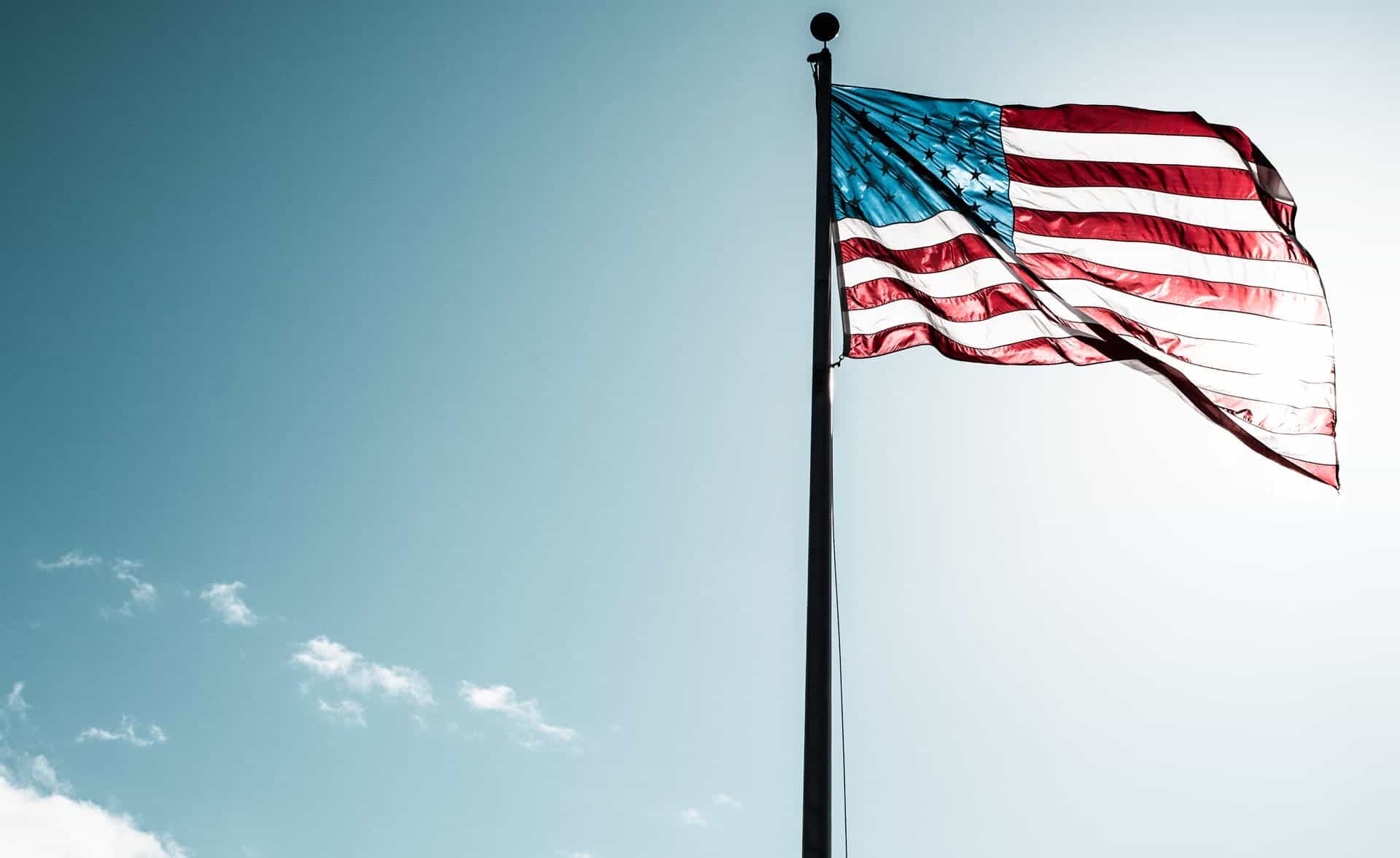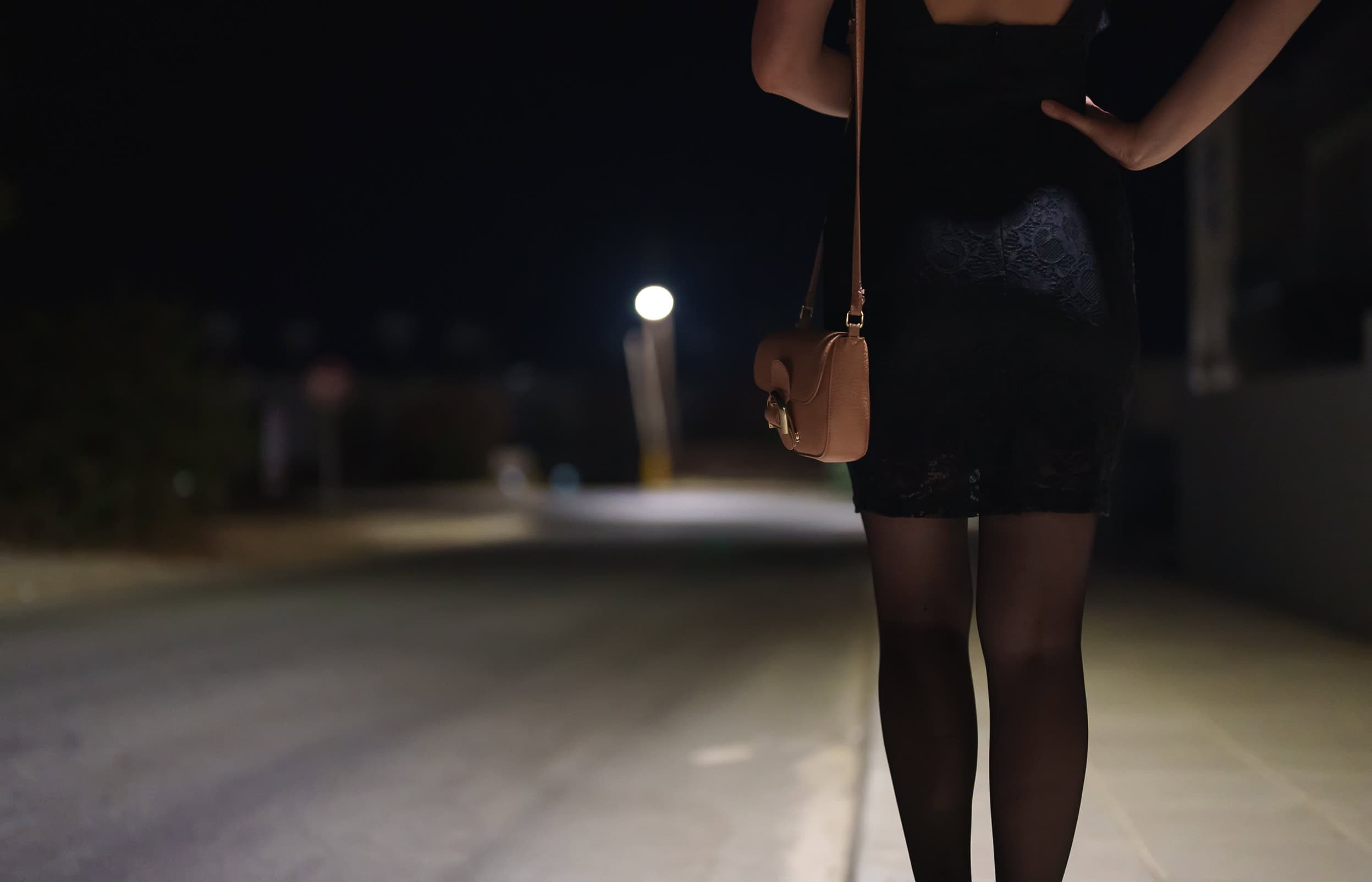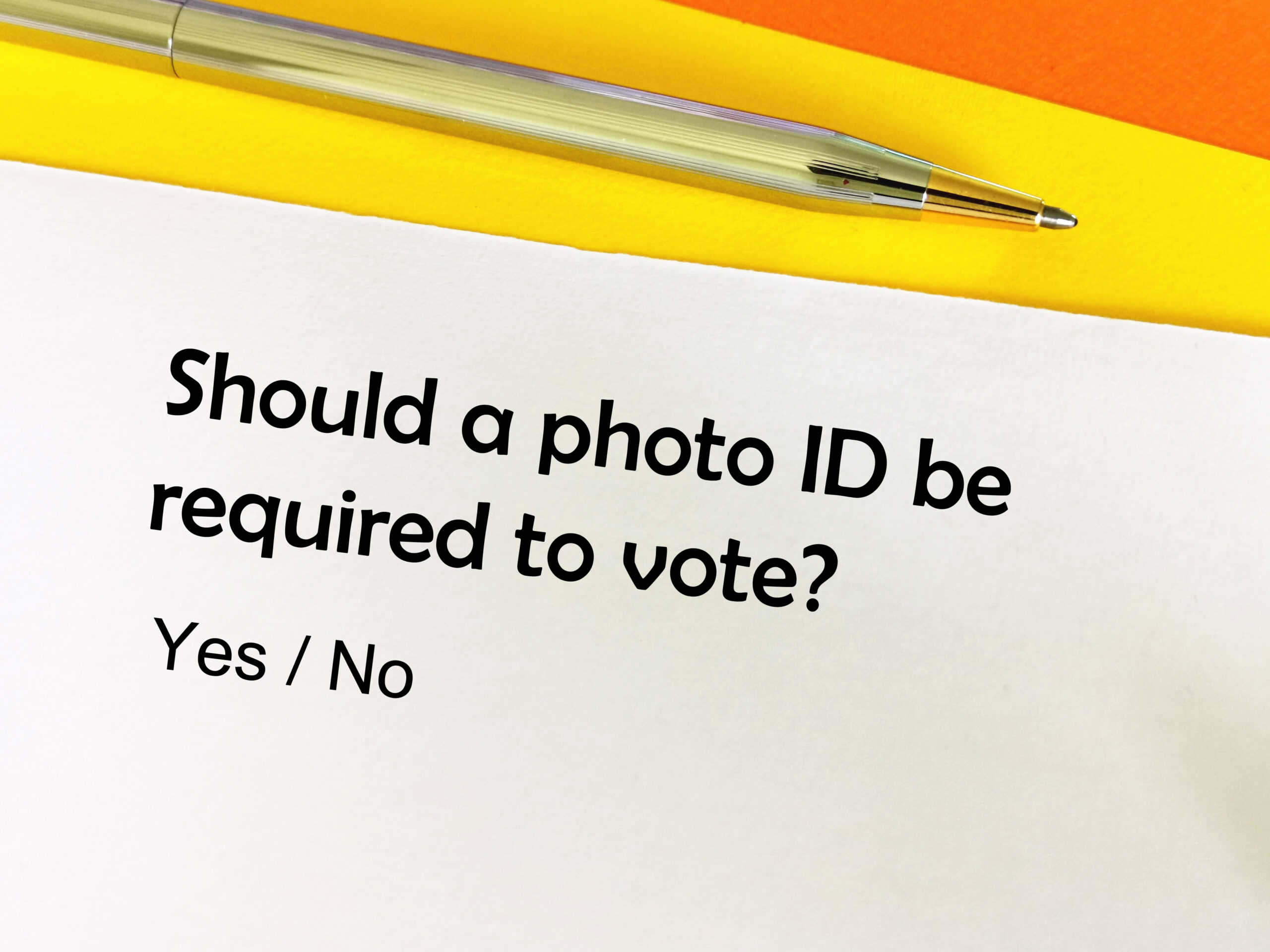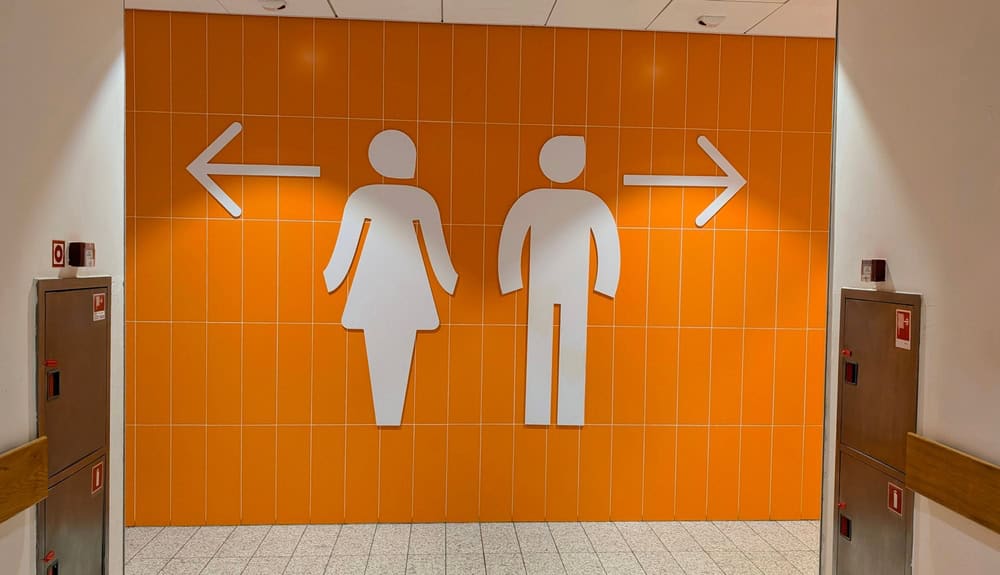President Trump Suggests Delaying Election Due to COVID, Possibility of Election Fraud

President Donald Trump stirred up a media hornet’s nest on Thursday by tweeting a suggestion that November’s general election be delayed due to the COVID-19 pandemic and the possibility that the widespread use of mail-in ballots could open the door to voter fraud.
“With Universal Mail-In Voting (not Absentee Voting, which is good),” the tweet reads, “2020 will be the most INACCURATE & FRAUDULENT Election in history. It will be a great embarrassment to the USA. Delay the Election until people can properly, securely and safely vote???”
With Universal Mail-In Voting (not Absentee Voting, which is good), 2020 will be the most INACCURATE & FRAUDULENT Election in history. It will be a great embarrassment to the USA. Delay the Election until people can properly, securely and safely vote???
— Donald J. Trump (@realDonaldTrump) July 30, 2020
Media reaction was swift.
CNN: “President Donald Trump explicitly floated delaying November’s presidential election on Thursday, lending extraordinary voice to persistent concerns that he will seek to circumvent voting in a contest where he currently trails his opponent by double digits.”
The Washington Post: “The suggestion represented Trump’s latest, and most dramatic, attempt to undermine public faith in U.S. elections, which have grown more regular as polls have shown his political fortunes declining.”
The New York Times: “Even for Mr. Trump, suggesting a delay in the election is an extraordinary breach of presidential decorum that will increase the chances that he and his core supporters don’t accept the legitimacy of the election should he lose to former Vice President Joseph R. Biden Jr.”
The president’s trial balloon hasn’t garnered much, if any support, among key Republicans, including Senators Mitch McConnell, R-Ky., and Lindsey Graham, R-S.C.. Graham told NBC News that the president’s “concerns about mail-in voting are valid, but delaying the election is not the right answer.”
The president’s suggestion would involve an Act of Congress and coordinated actions of the states to become a reality. That’s because the U.S. Constitution and several federal statutes create some hard dates and deadlines with regard to federal elections.
The 20th Amendment dictates that the president’s four-year term expires at noon on January 20. It also requires each new Congress to be seated by noon on January 3.
Article 2, Section 1 (as modified by the 12th Amendment), delegates authority to the states as to how it will select electors for the Electoral College, and that such electors must then meet to cast a ballot for President and Vice President. It also empowers Congress with the responsibility of setting a single date across all states for when those electors are selected.
2 US Code Section 7 sets Election Day as the Tuesday after the first Monday in November.
3 US Code Section 7 spells out when the Electoral College casts votes: “The electors of President and Vice President of each State shall meet and give their votes on the first Monday after the second Wednesday in December next following their appointment at such place in each State as the legislature of such State shall direct.”
3 US Code Section 12 requires the Electoral College to deliver its votes for President and Vice President to the President of the U.S. Senate or to the Archivist of the United States by the fourth Wednesday in December.
The Congressional Research Service, a nonpartisan research arm of Congress, also released a report earlier this year discussing the possibility of COVID-related interferences with federal elections. The report concludes that only Congress in conjunction with the states can orchestrate any changes to federal election dates, not the president:
“Unlike the practice of some states that allow the Governor to postpone an election during emergencies, neither the Constitution nor Congress provides any similar power to the President or other federal officials to change this date outside of Congress’s regular legislative process. Congress has enacted more than 100 statutes identifying special powers that the President may exercise during a national emergency, but none include the power to postpone or cancel any state’s chosen method of appointing presidential Electors. During previous episodes of war, pandemic, or other deadly crises in American history, the presidential election date has never been changed in response to an emergency.”
Five states currently send mail-in ballots to all registered voters – Colorado, Hawaii, Oregon, Washington and Utah – while the remainder allow some form of a request for a mail-in or absentee ballot. Several states have attempted to modify their process because of COVID. The Heritage Foundation has an archive of over 1,000 cases of attempted voter fraud, many through the use of absentee ballots.
The president’s suggestion of delaying the election certainly raises many questions. At this point, however, it appears unlikely that will occur.
Photo from Shutterstock
Visit our Election 2020 page
ABOUT THE AUTHOR

Bruce Hausknecht, J.D., is an attorney who serves as Focus on the Family’s judicial analyst. He is responsible for research and analysis of legal and judicial issues related to Christians and the institution of the family, including First Amendment freedom of religion and free speech issues, judicial activism, marriage, homosexuality and pro-life matters. He also tracks legislation and laws affecting these issues. Prior to joining Focus in 2004, Hausknecht practiced law for 17 years in construction litigation and as an associate general counsel for a large ministry in Virginia. He was also an associate pastor at a church in Colorado Springs for seven years, primarily in worship music ministry. Hausknecht has provided legal analysis and commentary for top media outlets including CNN, ABC News, NBC News, CBS Radio, The New York Times, the Chicago Tribune, The Washington Post, The Washington Times, the Associated Press, the Los Angeles Times, The Wall Street Journal, the Boston Globe and BBC radio. He’s also a regular contributor to The Daily Citizen. He earned a bachelor’s degree in history from the University of Illinois and his J.D. from Northwestern University School of Law. Hausknecht has been married since 1981 and has three adult children, as well as three adorable grandkids. In his free time, Hausknecht loves getting creative with his camera and capturing stunning photographs of his adopted state of Colorado.
Related Posts

Sixteen Attorneys General Demand Answers on YouTube Censorship
February 18, 2026

Colorado Bill Would Legalize Prostitution
February 18, 2026

Is it ‘Voter Suppression’ to Require Proof of Citizenship to Vote?
February 10, 2026

